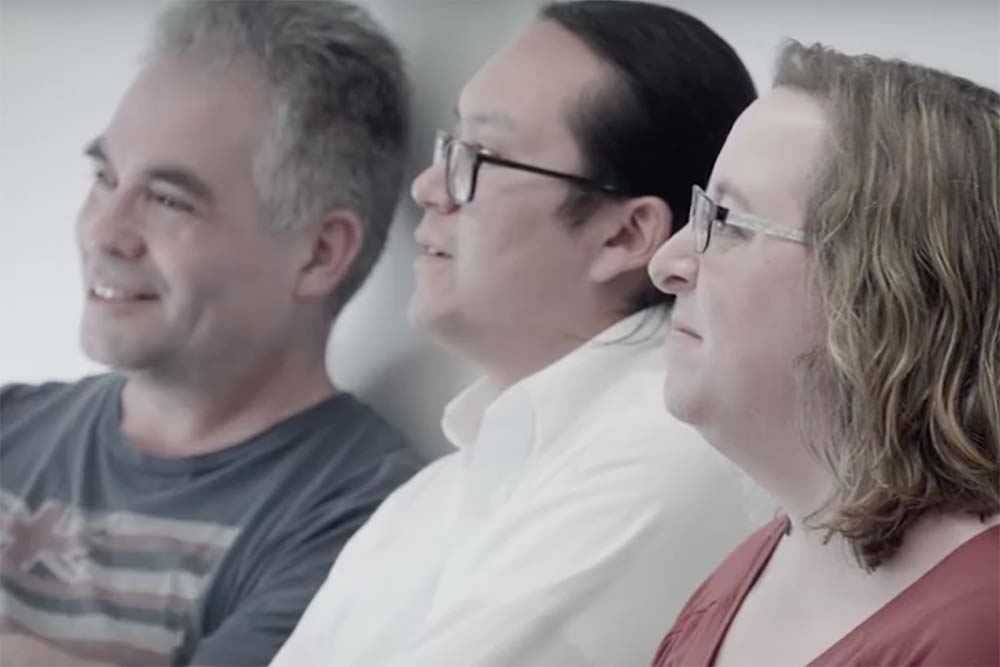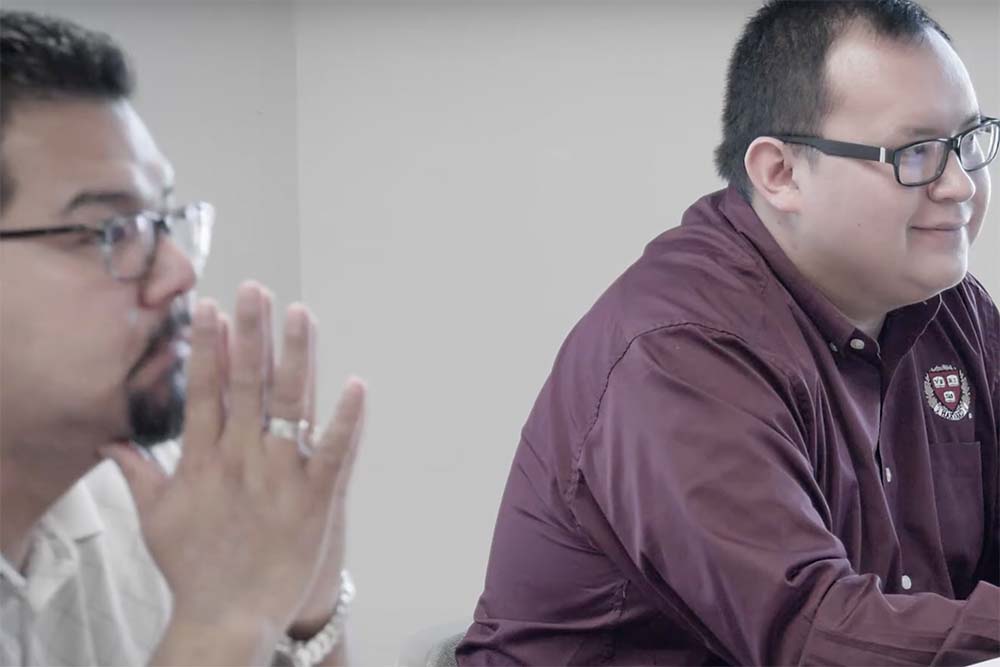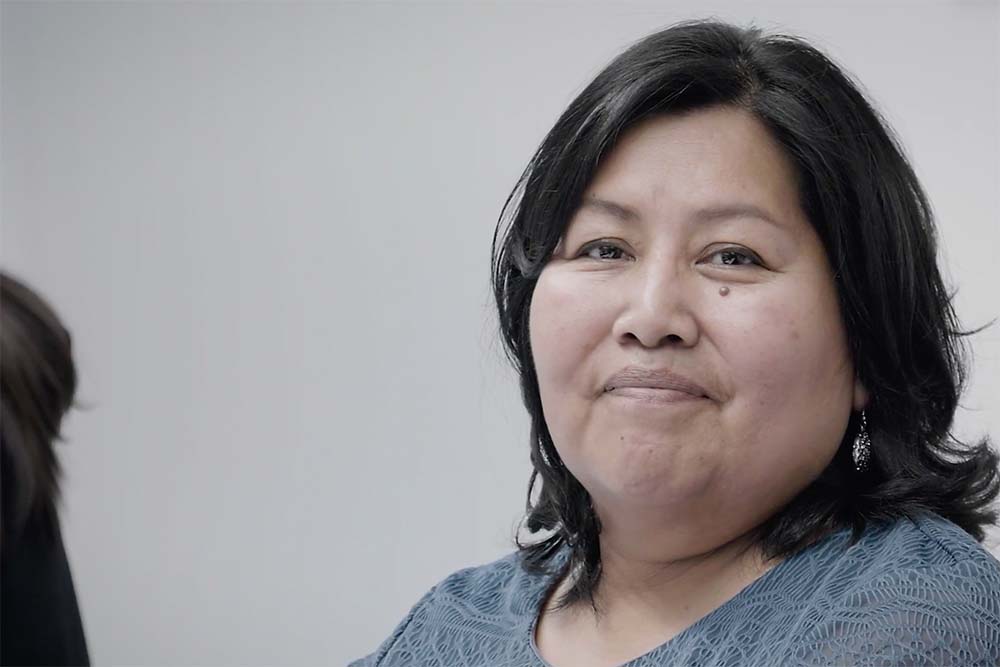
- Details
- By University of Arizona
From January 3-11, 2022, “January in Tucson” (JIT), the flagship event of the University of Arizona’s Indigenous Governance Program, will again be offered live and in person on the University’s Tucson, Arizona campus. JIT is a series of short courses, each taught over three consecutive half days, focused on Native nation building—or the process by which a Native nation enhances its own foundational capacity for effective self-government and self-determined community development. The program is hosted by the University of Arizona’s internationally renowned Native Nations Institute and Indigenous People’s Law and Policy Program at the James E. Rogers College of Law.
“We are extremely excited to be back in the classroom,” said Miriam Jorgensen, co-founder of the Indigenous Governance Program and Research Director at the Native Nations Institute. “At the same time,” Jorgensen added, “we recognize that not everyone is comfortable or able to participate in person, so we are trying an approach that is new to us: hybrid offerings.” Each class will be staffed with a Zoom technician who will help make the engagement of in-person and online course participants as seamless as possible.

“We know that one of the reasons people come to Tucson for JIT is the opportunity to engage with other students and other practitioners who are wrestling with the same issues,” said Prof. Robert Williams, Jr., a University of Arizona Regents Professor, faculty co-chair of the Indigenous Peoples Law and Policy Program, and instructor of the JIT course “Comparative Legal Systems and Their Role in Nation Building.” “As much as possible,” Williams continued, “we want to recreate that experience in our hybrid offerings.”
In addition to Williams’ course on Indigenous legal systems, JIT 2022 offerings include “Intergovernmental Relations,” taught by Del Laverdure, former Principal Deputy Assistant Secretary of Indian Affairs at the US Department of the Interior, and Joseph Kalt, co-founder of the Harvard Project on American Indian Economic Development; “Indigenous Data Sovereignty,” taught by Desi Small-Rodriguez, assistant professor of sociology at UCLA; “Indigenous People’s Rights under International Law,” taught by Seánna Howard, instructor of the University of Arizona law clinic that supports the work of the UN Special Rapporteur on the Rights of Indigenous Peoples; and “Comparative Indigenous Governance,” taught by Stephen Cornell, also a co-founder of the Harvard Project on American Indian Economic Development, and Daryle Rigney, a professor of Indigenous education and research at University of Technology Sydney.
Professor Cornell, an expert not only in American Indian and Alaska Native issues, but in international Indigenous issues, noted that in his view, “The University of Arizona Indigenous Governance Program is valuable because it teaches the nuts and bolts of what it takes to think in a new way about what is possible in Native communities in the 21st century.” Cornell is also enthusiastic about the international nature of the program. In his words, “As JIT students from Indigenous country in the US, Canada, Australia, Aotearoa New Zealand and beyond engage with one another, they come to understand that the issues they face—and the solutions to those issues—are shared. Those connections create inspiration and allies along the path toward greater self-determination.” With hybrid options, Cornell hopes that even more Aboriginal and Torres Strait Islander participants from Australia and Māori participants from Aotearoa New Zealand will be able to participate in the classes.

For program co-founder Jorgensen, the most exciting aspect of JIT courses are their flexibility. Participants can enroll in a single short course for professional development purposes, complete six short courses to earn a Continuing Education Certificate in Indigenous Governance, or enroll for academic credit and complete a 12 credit-hour Graduate Certificate in Indigenous Governance or a 30 credit-hour Master of Professional Studies in Indigenous Governance. Students can even move from one option to another if they decide they want to delve deeper into the subject matter. “This is how universities should serve the community,” noted Jorgensen. “We should be able to share the practical implications of our research with the people who are most able to use that information, and we should be able to offer pipeline opportunities to those individuals who want to continue on and learn more.”
According to JIT program manager Tory Fodder, JIT has served hundreds of students and practitioners during its first eight years, “and we look forward to serving many more in 2022 and beyond. We encourage anyone who is interested to contact us and to apply.” More information about the University of Arizona Indigenous Governance Program and the full course schedule of January in Tucson is available at igp.arizona.edu.
Help us defend tribal sovereignty.
At Native News Online, our mission is rooted in telling the stories that strengthen sovereignty and uplift Indigenous voices — not just at year’s end, but every single day.
Because of your generosity last year, we were able to keep our reporters on the ground in tribal communities, at national gatherings and in the halls of Congress — covering the issues that matter most to Indian Country: sovereignty, culture, education, health and economic opportunity.
That support sustained us through a tough year in 2025. Now, as we look to the year ahead, we need your help right now to ensure warrior journalism remains strong — reporting that defends tribal sovereignty, amplifies Native truth, and holds power accountable.
 The stakes couldn't be higher. Your support keeps Native voices heard, Native stories told and Native sovereignty defended.
The stakes couldn't be higher. Your support keeps Native voices heard, Native stories told and Native sovereignty defended.
Stand with Warrior Journalism today.
Levi Rickert (Potawatomi), Editor & Publisher
